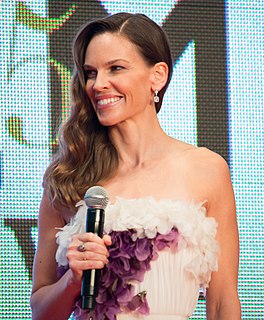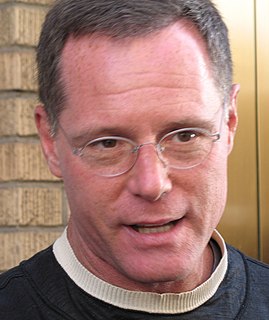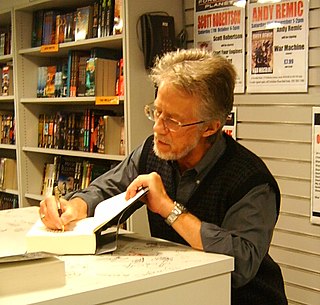A Quote by Amy Tan
We all hate moral ambiguity in some sense, and yet it is also absolutely necessary. In writing a story, it is the place where I begin.
Related Quotes
I suppose everyone continues to be interested in the quest for the self, but what you feel when you're older, I think, is that ... you really must make the self. It is absolutely useless to look for it, you won't find it, but it's possible in some sense to make it. I don't mean in the sense of making a mask, a Yeatsian mask. But you finally begin in some sense to make and choose the self you want.
Before I begin a novel I have a strong sense of at least one central character and how the story begins, and a more vague sense of where things may wind up, but at some point, if the novel is any good at all, the story and characters take on lives of their own and take over the book, and the writer has to be open to that.
Unless there is a strong sense of place there is no travel writing, but it need not come from topographical description; dialogue can also convey a sense of place. Even so, I insist, the traveler invents the place. Feeling compelled to comment on my travel books, people say to me, "I went there"---China, India, the Pacific, Albania-- "and it wasn't like that." I say, "Because I am not you.
I'm not one of these people who is sour about academia. I'm very lucky not to be in academia, but I am an absolute parasite. While I was writing my book on comparative philosophy I was drawing on some fantastic scholars - university based people. The academy is absolutely necessary, but there should also be a role for those bringing it together. It's such a frustration sometimes.
But that is the way of the place: down our many twisting corridors, one encounters story after story, some heroic, some villainous, some true, some false, some funny, some tragic, and all of them combining to form the mystical, undefinable entity we call the school. Not exactly the building, not exactly the faculty or the students or the alumni - more than all those things but also less, a paradox, an order, a mystery, a monster, an utter joy.
I hate outlines. I have a broad sense of where the story is going; I know the end, I know the end of the principal characters, and I know the major turning points and events from the books, the climaxes for each book, but I don't necessarily know each twist and turn along the way. That's something I discover in the course of writing and that's what makes writing enjoyable. I think if I outlined comprehensively and stuck to the outline the actual writing would be boring.





































